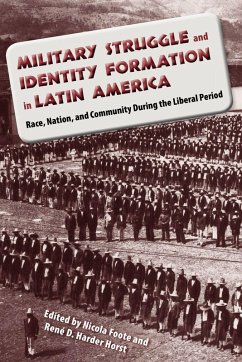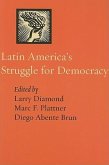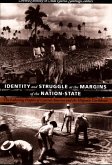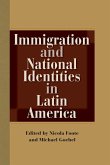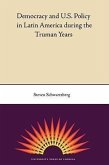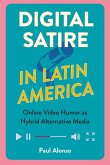"Significantly advances the discussion about the connections among race, identity, military service, and armed struggle in Latin America during a crucial period of nation-building."--Hendrik Kraay, University of Calgary "Sure to become a standard part of the historical literature on the 'national' period in Latin America, these essays give an excellent ground-level view of the process of state formation through war."--Miguel Angel Centeno, author of Blood and Debt Military engagements in Latin America between 1850 and 1950 helped shape emerging nation states and collective consciousness in profound and formative ways. This century, known as the liberal period, was an important time for state formation in the region, as well as for the development of current national borders. This collection of essays aims to assess the role black and indigenous Latin Americans played in the military struggles of this period, and how these efforts contributed to the formation of ideas about race and national identity. While some indigenous people and Afro-Latin Americans came into closer contact with the descendents of colonizers as a result of military service, others turned inward with strengthened ties to their local communities. Many were at times victims of violent conflicts in Latin America, but they surprisingly also shaped the outcome of these wars and employed the wars to advance their own political agendas. The book offers exciting new interpretations and explanations of this key period in Latin American history. Nicola Foote is assistant professor of history at Florida Gulf Coast University. René D. Harder Horst is associate professor of history at Appalachian State University.
Hinweis: Dieser Artikel kann nur an eine deutsche Lieferadresse ausgeliefert werden.
Hinweis: Dieser Artikel kann nur an eine deutsche Lieferadresse ausgeliefert werden.

